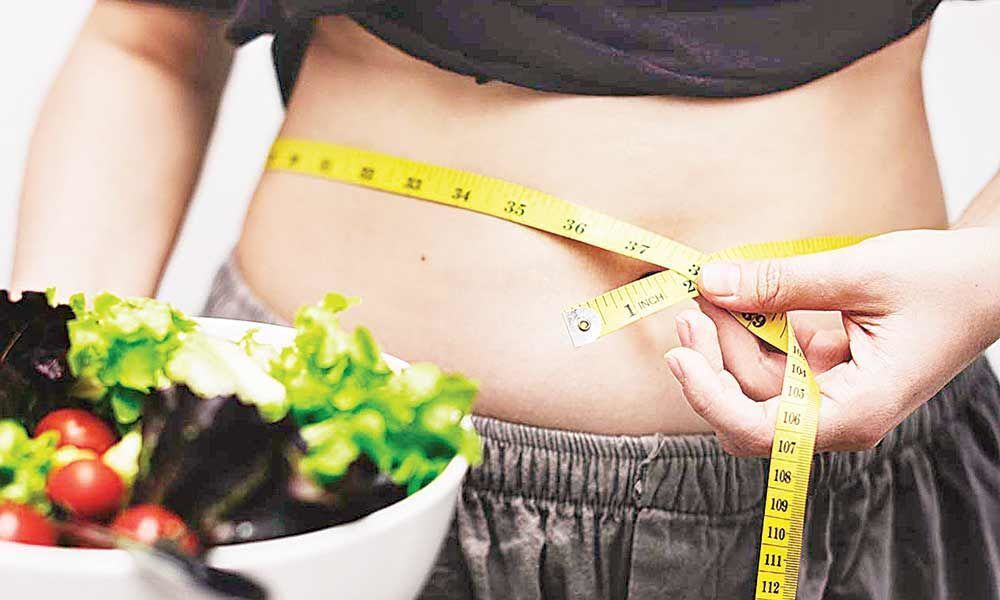Protein Power!

Gymming or lifting excess weight is not a license to eat more protein, only professional athletes who work out a couple of hours need more
Let me give you some knowledge about proteins.
A quick biochemistry refresher - there are 20 amino acids which form the building blocks of protein.
Nine out of these essential amino acids, cannot be formed by the body and must be sourced from our food.
The main function of proteins is to help the body to grow and repair damaged tissue cells.
The buzz word today to lose weight is to go on a high protein diet and people are stuffing themselves with excess protein.
I, as a nutritionist, do not recommend extra vegetarian or non-vegetarian protein.
I have been there 'excess leaches calcium from the body cause elevated uric acid, gout can damage kidneys. Another misconception is that vegetarian lack protein and so I tell my clients who don't consume egg and any non-veg that a varied plant-based diet gives us all the protein that we need.
In fact, whenever a grain such as wheat, rice, or any millet is mixed with a legume such as a peanut, beans, or lentils, they together form a 'complete protein' containing all essential amino acids.
Beans and lentils are superfoods full of fibre, vitamins and minerals.
There are more sources of vegetarian proteins such as - paneer, tofu, peas, chickpeas, edamame beans, curd, and cheeses like cheddar cheese, feta cheese, nuts like almonds, pistachios, walnuts and seeds like sunflower seeds, flax seeds.
Let me tell you something interesting that will surely shock you - 100 grams of fish have 22 grams of protein and 206 calories whereas 100 grams of plain yoghurt gives you 18.8 grams of protein and it has only 98 calories!
Normally a bowl of dahi is 200 grams by itself and this will give you around 38 grams of protein!
A cup of dal will give you an additional 10 grams.
Toss in a few nuts and seeds and watch your protein levels rise.
Even a 100 gram of potato, that is a small potato gives you around 3 grams of protein.
So simply add a potato to your vegetable or snack.
To all those who eat non-vegetarian, I would strongly recommend that they concentrate more on seafood and eggs.
Chicken occasionally and red meat is best avoided.
A very important tip to remember when you eat a protein, help your body digest it better, by trying to include fat and Vitamin C along with the protein.
The inclusion of these foods will aid the assimilation and elimination of the protein and support your body to use proteins adequately.
No wonder our pulses and legumes are always cooked with a high Vitamin C ingredient such as lemon, garcinia Cambodia, tamarind, tomato and raw mango powder.
In India, we normally always begin food by adding fats than the other ingredients.
American Dietary Association recommends 0.8gms of protein per kilogram of body weight for men or women.
Children, pregnant and lactating women need more that is 1 gram per kg of body weight.
An average pregnant or lactating woman of 55 kg needs 55grams of protein and an average Man of 70 kg needs 65 to 70 gram of protein while the women of 55kgs need approximately 50 grams of protein.
Gymming or lifting excess weight is not a license to eat more protein, only professional athletes who work out a couple of hours need more.
Even the popular ketos diet of today is excess fat does not cross this level of protein requirement.
I am sure this will give you clarity on the protein and you will eat no more or less of this food group.














